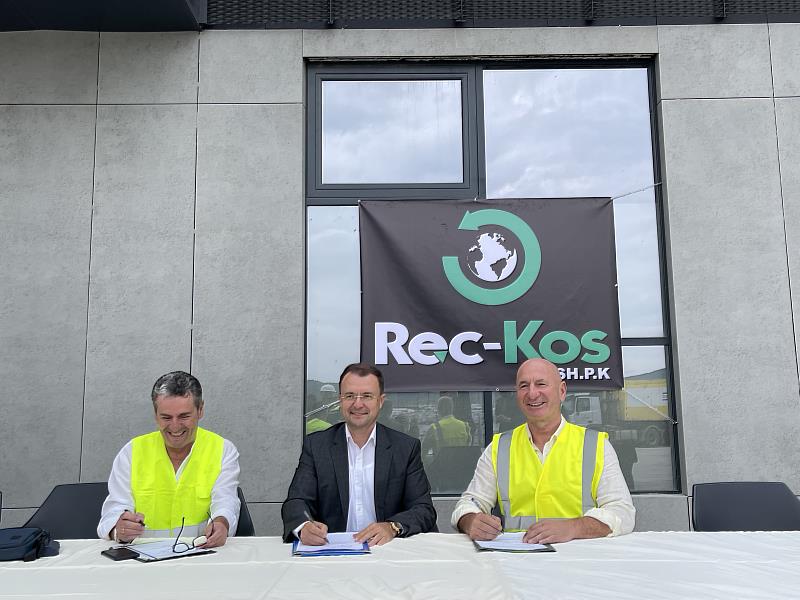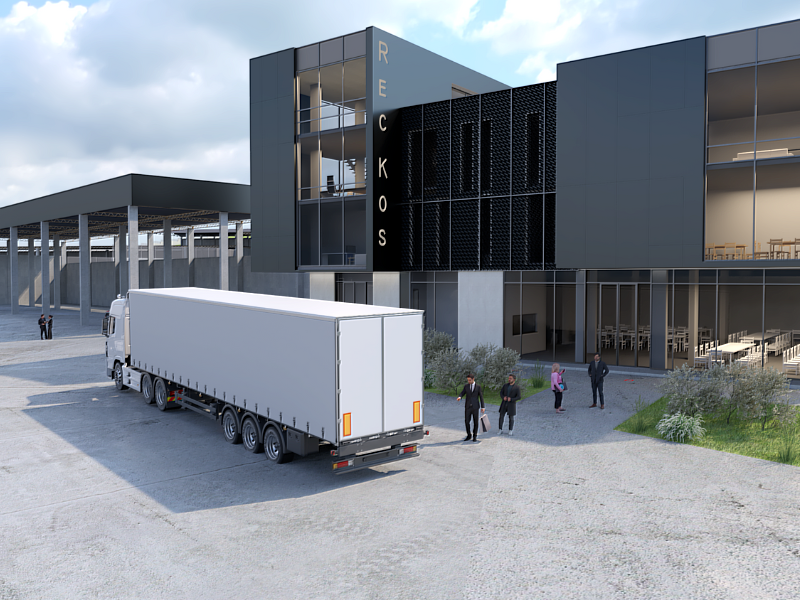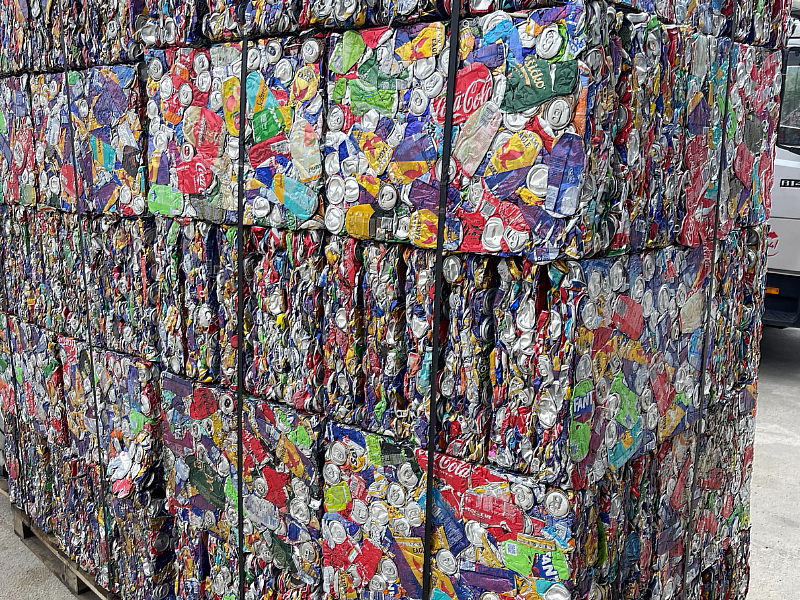TaiwanICDF Partners with EBRD to Advance Circular Economy in Kosovo
(中央社訊息服務20250820 10:54:34)The International Cooperation and Development Fund (TaiwanICDF) is supporting recycling efforts in Kosovo through a new partnership.

On August 5, the TaiwanICDF signed an agreement together with the European Bank for Reconstruction and Development (EBRD) and Rec Kos, one of Southeast Europe’s largest metal recycling companies. The agreement, which is Taiwan’s first with the EBRD in Kosovo, aims to foster a more resilient and sustainable circular economy. The agreement was signed at Sankoc and includes a €6 million funding package.
This financing arrangement is jointly structured by the EBRD, the Enterprise Expansion Fund II (ENEF II), and TaiwanICDF. Launched by the EBRD in 2023 with support from the European Union, ENEF II provides financing resources to Western Balkan countries and will contribute €3 million to this project. TaiwanICDF, meanwhile, is extending its €1 million concessional loan through the EBRD’s High-Impact Partnership on Climate Action (HIPCA).
HIPCA, initiated by the EBRD, is supported by 11 partner countries including the United States, Canada, the United Kingdom, Switzerland, the Netherlands, Sweden, and Finland. The TaiwanICDF joined in 2021, and in May this year, TaiwanICDF Secretary General Yu-Lin Huang signed a US$35 million capital increase agreement with EBRD Vice President Mark Bowman at the EBRD Annual Meeting, expanding support for green investment projects in Central and Eastern Europe as well as Central Asia.
The financing will enable Rec Kos to establish advanced recycling facilities and procure modern equipment to process tires, aluminum alloys, cables, non-ferrous metals, plastics, and batteries. The project is expected to significantly enhance operational efficiency, strengthen Kosovo’s recycling industry, improve the value chain of resource recovery, and help achieve national policy goals for municipal and household waste management.
TaiwanICDF Deputy Secretary General Peifen Hsieh emphasized the significance of this being the TaiwanICDF’s first project in Kosovo in collaboration with the EBRD, and its first project since the capital increase to HIPCA earlier this year. She noted that prior to the increase, the TaiwanICDF had already supported climate-related initiatives through HIPCA, such as upgrading trolleybuses in Vilnius, Lithuania, and financing emission-reduction efforts for a major retail chain in Poland. Looking ahead, the TaiwanICDF will continue working with multilateral development institutions to advance global green transition efforts, in line with Minister of Foreign Affairs Lin Chia-lung’s “dual-axis transformation” strategy centered on simultaneously pursuing a net-zero transition and digitalization, thereby deepening international cooperation in technology and climate action.







